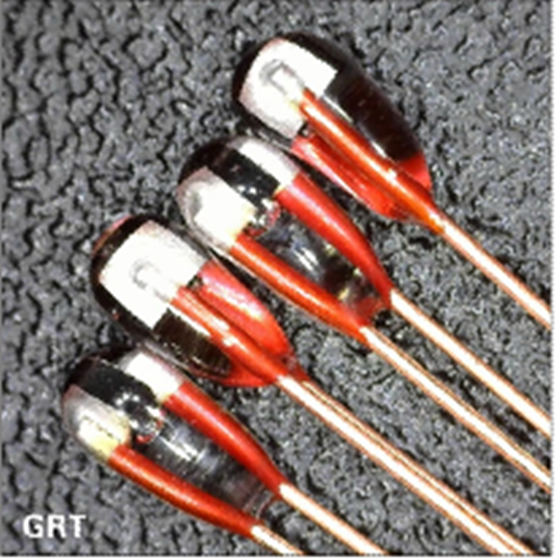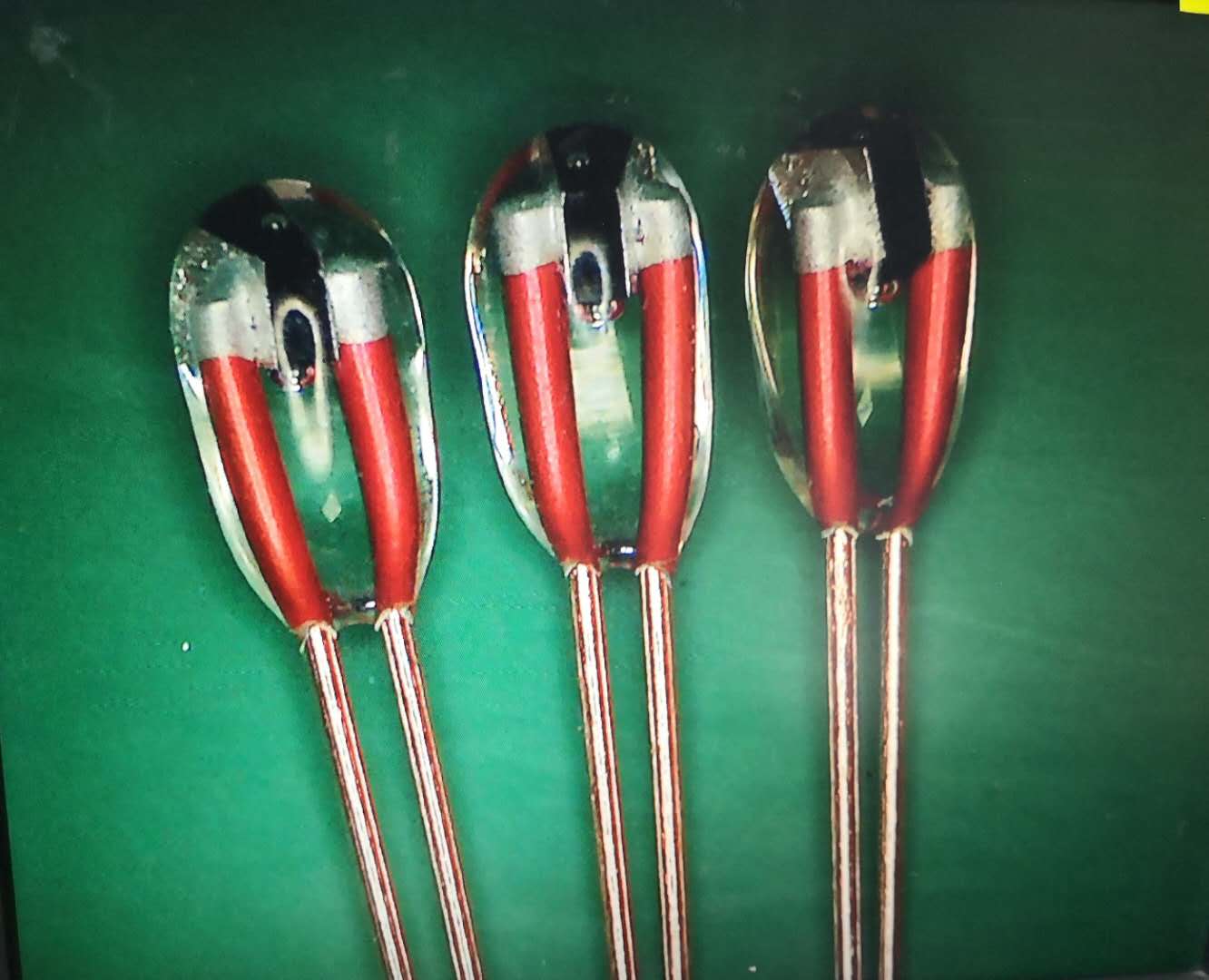In the ever-evolving landscape of technology, precise temperature measurement and control play pivotal roles in ensuring the reliability and efficiency of various electronic devices and industrial processes. One technological marvel that has transformed the way we perceive temperature sensing is the Glass Encapsulated NTC Thermistor. In this comprehensive article, we delve deep into the world of NTC thermistors, exploring their applications, advantages, and the cutting-edge innovations that make them a critical component in modern electronics.
Understanding NTC Thermistors
NTC Thermistors stands for Negative Temperature Coefficient Thermistors. These remarkable devices exhibit a unique characteristic – their electrical resistance decreases as the temperature rises. This fundamental property makes them invaluable in a myriad of applications, ranging from temperature measurement and compensation to thermal protection.
The Glass Encapsulation Advantages
One of the most significant advancements in NTC thermistor technology is the adoption of glass encapsulation. This innovative approach not only enhances their durability but also expands their scope of application. Here's why glass encapsulated NTC thermistors have become the go-to choice for engineers and manufacturers worldwide:
1. Unmatched Precision
Glass encapsulated NTC thermistors offer unmatched precision in temperature sensing. Their small size and rapid response time make them ideal for applications that require real-time temperature monitoring. Whether it's in automotive engines, medical equipment, or industrial processes, the precision of these thermistors ensures optimal performance.
2. Robust and Reliable
The glass encapsulation not only protects the sensitive thermistor element from environmental factors but also ensures longevity. These thermistors can withstand harsh conditions, including moisture, dust, and chemical exposure, without compromising their accuracy.
3. Wide Temperature Range
Another remarkable feature of glass encapsulated NTC thermistors is their wide operating temperature range. They can accurately measure temperatures from -50°C to 300°C, making them suitable for both extreme and everyday applications.
4. Consistent Performance
Consistency is paramount in temperature sensing, especially in critical applications. Glass encapsulated NTC thermistors offer a high degree of repeatability and stability, ensuring that your systems operate flawlessly year after year.
Applications of Glass Encapsulated NTC Thermistors
The versatility of glass encapsulated NTC thermistors lends itself to a multitude of applications across various industries. Let's explore some of the key areas where these thermistors are making a significant impact:
1. Automotive Industry
In the automotive sector, NTC thermistors play a pivotal role in engine temperature monitoring, climate control systems, and battery management. The glass encapsulated variants are preferred for their ability to endure the challenging conditions within an automobile's engine bay.
2. Medical Devices
Medical equipment demands high precision and reliability. Glass encapsulated NTC thermistors are used in medical devices such as fever thermometers, incubators, and laboratory equipment, ensuring accurate temperature measurements for patient care and diagnostics.
3. Industrial Automation
In industrial settings, precise temperature control is crucial for optimizing processes and ensuring product quality. Glass encapsulated NTC thermistors find applications in thermal compensation, temperature control, and equipment protection, contributing to enhanced efficiency and safety.
4. Consumer Electronics
From smartphones to laptops, consumer electronics incorporate glass encapsulated NTC thermistors for temperature monitoring and protection. These thermistors help prevent overheating and enhance the overall performance and reliability of electronic devices.
Innovations in Glass Encapsulated NTC Thermistors
As technology continues to advance, so do glass encapsulated NTC thermistors. Manufacturers are constantly innovating to meet the evolving demands of various industries. Here are some recent innovations worth noting:
1. Miniaturization
Advancements in microfabrication techniques have led to the development of ultra-small glass encapsulated NTC thermistors. These miniature thermistors are ideal for applications where space is at a premium, such as wearables and IoT devices.
2. Wireless Connectivity
With the rise of the Internet of Things (IoT), some glass encapsulated NTC thermistors now come equipped with wireless connectivity options. This enables remote temperature monitoring and control, making them invaluable in smart home and industrial automation systems.
3. Enhanced Accuracy
Ongoing research in materials science and manufacturing processes has resulted in glass encapsulated NTC thermistors with even greater accuracy and stability. These advancements further expand their usability in critical applications.
Conclusion
In the realm of temperature sensing and control, glass encapsulated NTC thermistors have emerged as a game-changer. Their precision, durability, and versatility make them an indispensable component in various industries, from automotive to healthcare and beyond. As technology continues to advance, so too will these remarkable thermistors, ensuring that our world remains well-regulated, safe, and efficient.








